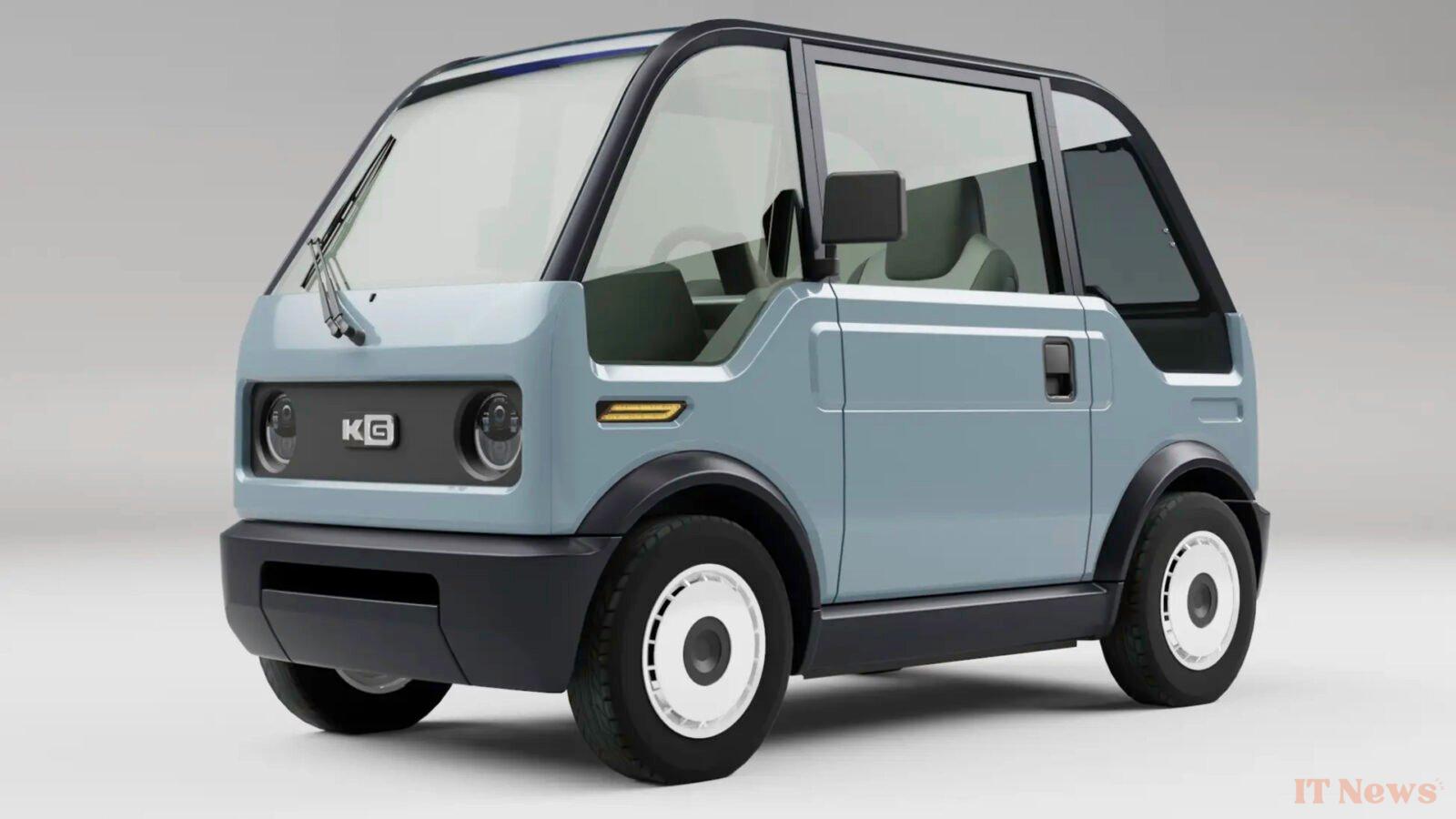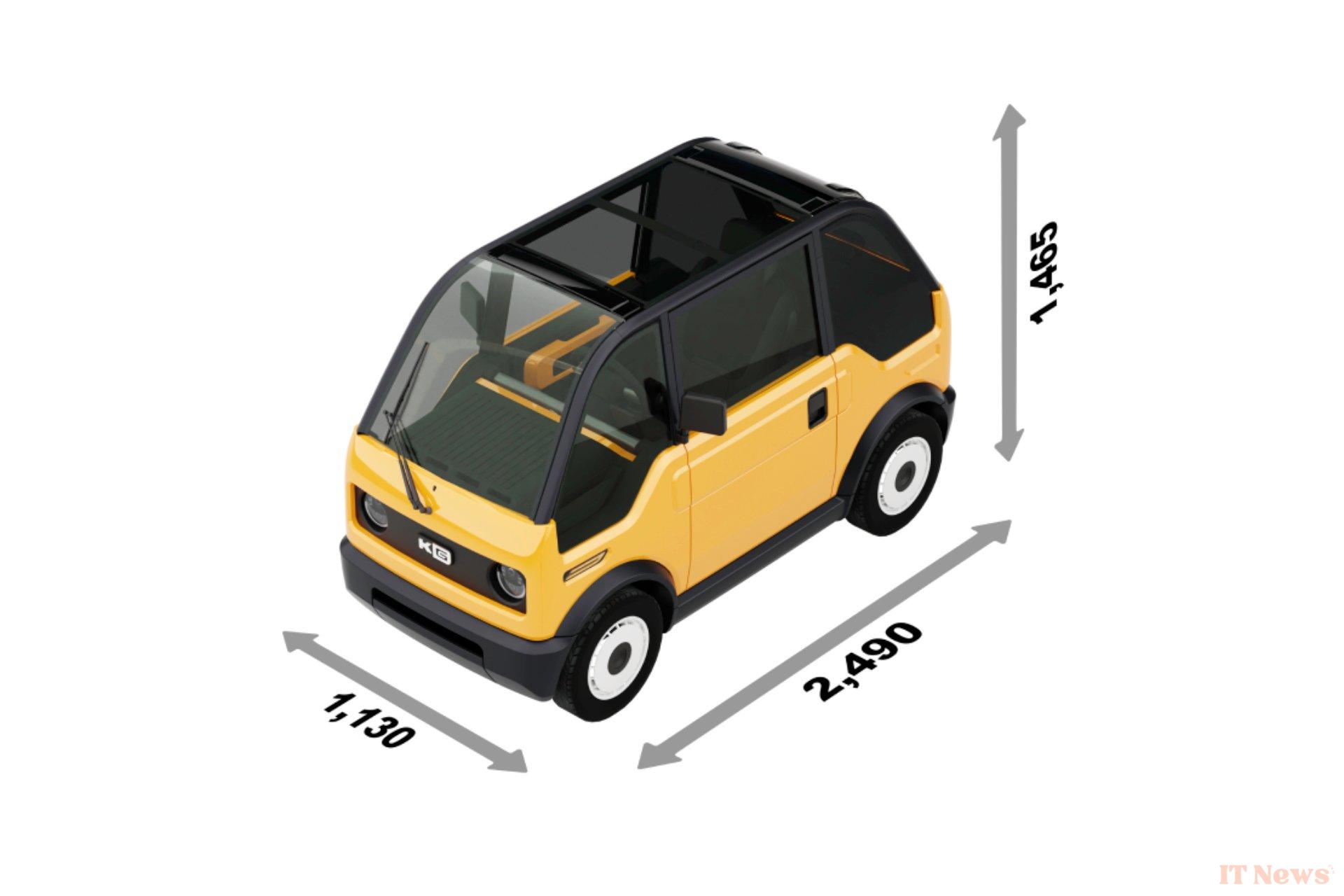Manufacturer KG Motors continues to make waves in Japan, a few weeks after unveiling its new Mibot. The electric microcar, scheduled for release in 2027, has managed to secure 3,300 pre-orders. The manufacturer from the suburbs of Hiroshima is attracting attention, as it plans to price its future model at one million yen, or 6,132 euros.
Its competitive offering remains very limited, both in terms of onboard space (it's a single-seater) and its performance. It will achieve a range of 100 kilometers after a 5-hour charge, and it will travel up to 60 km/h. Nothing very versatile then, but which seems, based on the number of pre-orders, to attract the attention of the Japanese.
According to its founder and CEO, Kazunari Kusunoki, the explanation is simple: "the cars are simply too big.". He added that at the same time, "in rural areas of the country, public transportation is in ruins," which explains the need for households to own a car per person to get around cities and to work. A slightly different adoption than that in France with the Citroën Ami.
Bloomberg pointed out that by 2023, only 3.5% of total car sales in Japan were electric. For comparison, last year, the national giant Toyota sold only 2,038 electric cars on the market, fewer than the 3,300 pre-orders of KG Motors. The Chinese BYD, ahead of Toyota, would theoretically do no better since it sold 2,223 units. Electric cars are struggling to gain traction, but KG Motors is showing that there is definitely interest, provided they are small, cheap, and practical.
For Kazunari Kusunoki, the fault lies partly with Toyota, which is influencing Japanese opinion. "Toyota has said that electric vehicles are not the only solution, and since it's Toyota, the Japanese assume that's true," he told Bloomberg.
The KG Motors Mibot, three times cheaper than a Kei car
Kei cars are nevertheless well known in Japan (they represent 40% of the fleet). These light vehicles, whose sales are particularly due to the Nissan Sakura with a 55% market share in 2023, allow manufacturers to improve their sales figures, including electric ones. Nissan's model managed to sell 23,000 units by 2024. But compared to a KG Motors Mibot, it costs almost three times more.
Ultimately, KG Motors plans to produce 10,000 units per year of its Mibot, which is very easy to produce thanks to its monocoque chassis, single battery, single seat, and simplified electronic system. It will be necessary to act quickly, because in the second half of 2026, BYD also plans to offer an electric Kei car.
Source: Bloomberg




0 Comments